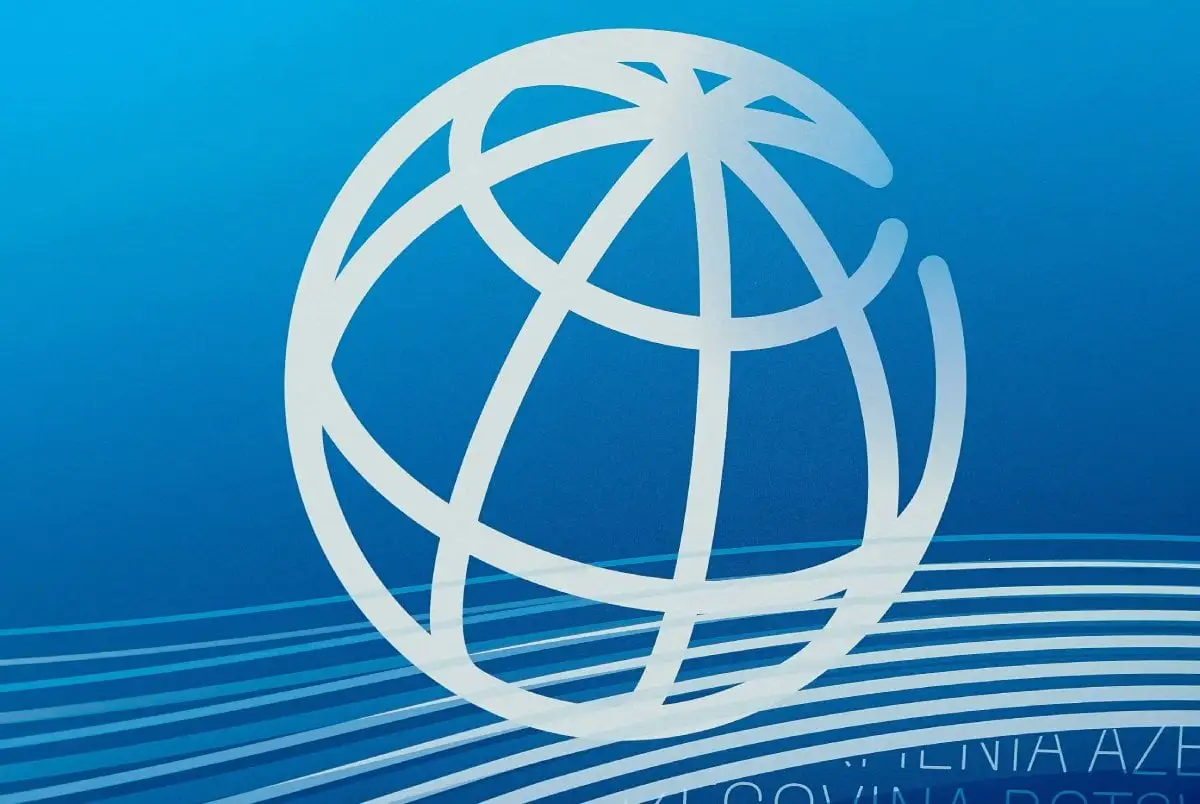The World Bank’s statement mentioned that this aid will be used to combat the economic crisis, implement livelihood projects, support women, address climate change, and support returning migrants to Afghanistan.
The statement said: “The project started in 2022 with a grant of $265 million from the ARTF to provide livelihoods support and services in rural and urban areas, support social grants for women and the most vulnerable, and strengthen community institutions for inclusive service delivery.”
The Ministry of Economy, welcoming the World Bank’s aid, said that this could contribute to economic growth and adaptation of projects to create jobs for the citizens of the country.
Abdul Rahman Habib, the spokesperson for the Ministry of Economy, said: “Implementing these projects can lead to job creation, improved service delivery in urban and rural areas, and addressing the problems of migrants returning to the country. Focusing on employment generation projects can improve the economic situation of our people.”
Meanwhile, a number of Kabul residents told TOLOnews that they need more aid in the current situation and that this aid should be distributed transparently.
“The people are poor, destitute, can barely find work for three days in a month, I have ten dependents at home, and I have been in debt for the rent for a year and a half,” said Omar Ali, a Kabul resident.
“The allocation of $84 million by the World Bank to assist the economy of Afghanistan and the vulnerable people in Afghanistan is a small amount compared to the economic crisis that Afghanistan is facing and in comparison to the economic challenges that the people are struggling with,” Mir Shekib Mir, an economic analyst, told TOLOnews.
Following the return of the Islamic Emirate to power in the country, most international institutions, including the World Bank, ceased their activities in Afghanistan, and it is hoped the resumption of these institutions’ activities will have a positive impact on the country’s economy.

